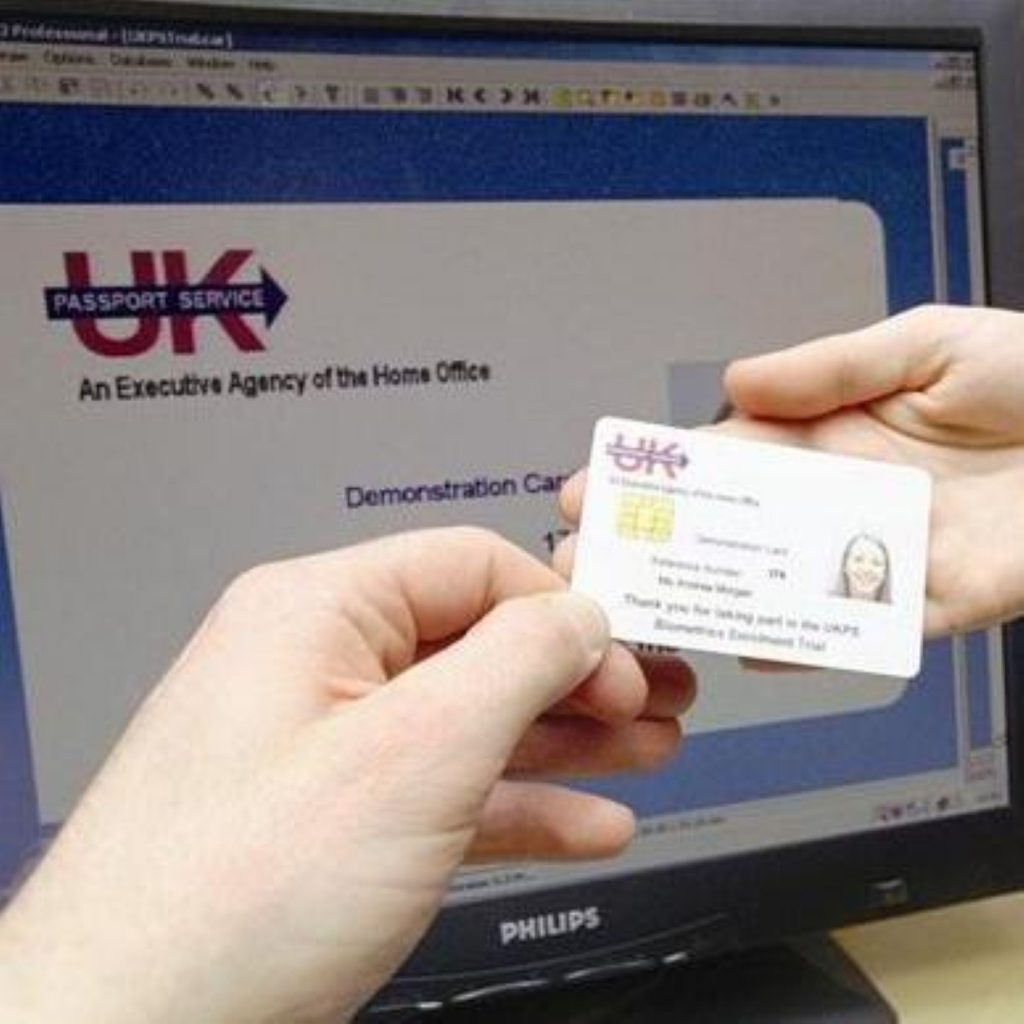ID cards will cost £5.6bn, says Home Office
The price tag attached to the government’s ID card scheme has been announced today by the Home Office, refueling criticism of the scheme.
Over the next decade £5.6 billion will be spent introducing the cards, which have been routinely criticised for their excessive cost and for the threat some believe they will pose to civil liberties.
Starting from next year, all foreign nationals coming to live in the UK will be issued with an identity card, and from 2010 all UK passport applicants will be forced to own one.
The government claims they will improve security, guard against terrorism and reduce crime rates.


The Identity Cards Act was passed in 2006 and requires the government to issues biannual cost projections for the scheme.
Polls taken last year gauge public support as being widely divided over the issue.
Liberal Democrat home affairs spokesman Nick Clegg has said he would refuse to comply with the scheme when it rolls out to all Britons.
Speaking today on the attending operational costs, Mr Clegg said: “It is becoming more and more clear that ID cards are going to be a vast waste of taxpayers’ money.
“The fact that the cost keeps changing shows how loose a grip the government has got on the finances of this ill-judged scheme.
“It is time to scrap ID cards and spend the money on something that will actually cut crime – [like placing] more police on the street.”
In 2006, Lord Carlile – appointed to independently review the Terrorism Act – questioned the efficacy of the cards, saying they would have little value in the fight against terrorism.
Former home secretaries David Blunkett and Charles Clarke – both architects of the 2006 legislation – have admitted in the past that the cards will not stop terrorism, but maintained it may assist with identifying perpetrators.
Human rights lawyers have also opposed the initiative on the grounds that it conflicts with article 8 of the European Convention of Human Rights.












